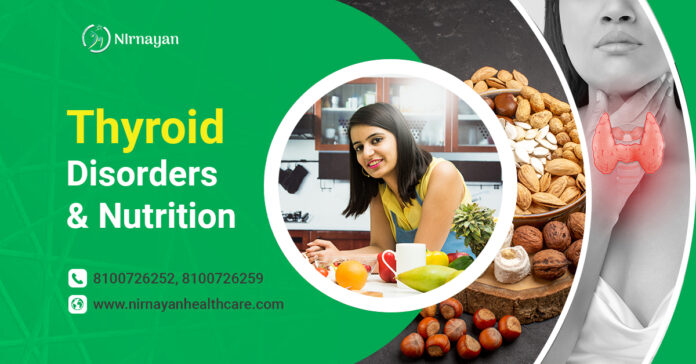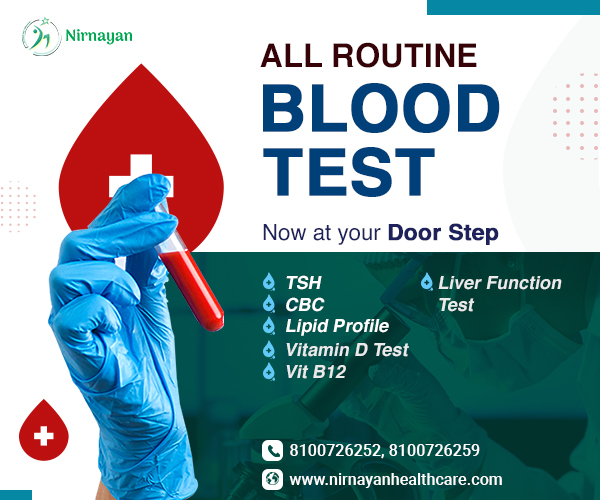Strategies for Dietary Management
This article explores the pivotal role of diet in the management of thyroid disorders, specifically hypothyroidism and hyperthyroidism. Drawing on established medical literature and reputable sources, the article provides an in-depth analysis of the signs and symptoms associated with each condition and outlines evidence-based dietary recommendations for optimal patient care.
Dietary interventions play a crucial role in mitigating the impact of thyroid disorders, influencing disease progression and symptomatology. This article delves into the nuanced dietary considerations for individuals with hypothyroidism and hyperthyroidism, shedding light on scientifically sound recommendations for each condition.
Hyperthyroidism:
Signs and Symptoms: The manifestations of hyperthyroidism encompass a spectrum of physiological and psychological symptoms, including sudden weight loss, irregular heartbeats, nervousness, tremors, and Graves’ ophthalmopathy. Recognizing these indicators is imperative for timely intervention.
Ideal Diet: A comprehensive dietary guide is presented, with a caveat that individualized recommendations should be made under the supervision of a healthcare professional. The proposed diet emphasizes:
- Low-iodine salt
- Black tea or coffee
- Egg whites
- Fresh fruits
- Unsalted nuts and their butter
- Homemade bread
- Oats
- Potatoes
- Honey and maple syrup
- Cruciferous vegetables (e.g., broccoli, Brussels sprouts)
- Other nutrient-rich foods, including selected healthy fats and spices.
Foods to Avoid: The article emphasizes the importance of limiting foods with excess iodine, gluten-containing products, soy, and potentially caffeine, contingent on its impact on thyroid function.
Hypothyroidism: Signs and Symptoms: The clinical presentation of hypothyroidism encompasses fatigue, cold sensitivity, weight gain, joint pain, and impaired memory, necessitating a comprehensive diagnostic approach.
Diet for Hypothyroidism: Scientifically supported dietary recommendations for individuals with hypothyroidism include the incorporation of:
- Iodine-rich foods (e.g., eggs, seaweed, fish, and dairy)
- Selenium-rich foods (e.g., tuna, sardines, legumes)
- Zinc-containing sources (e.g., chicken, beef, oysters)
- Dairy products (with caution for allergic individuals)
- Selected grains and seeds
- Fruits, particularly berries and bananas.
Foods to Avoid: The article advocates the avoidance of soy-based foods, highly processed foods, certain fruits (e.g. strawberries, peaches, pears), alcohol, and supplements without supervision.
Conclusion: This scientific exploration underscores the critical role of diet in the management of thyroid disorders. By aligning dietary recommendations with the unique needs of individuals with hypothyroidism and hyperthyroidism, healthcare professionals can contribute to optimized patient outcomes. The evidence-based guidelines provided in this article serve as a valuable resource for clinicians and researchers seeking to enhance their understanding of the intricate relationship between nutrition and thyroid health.




